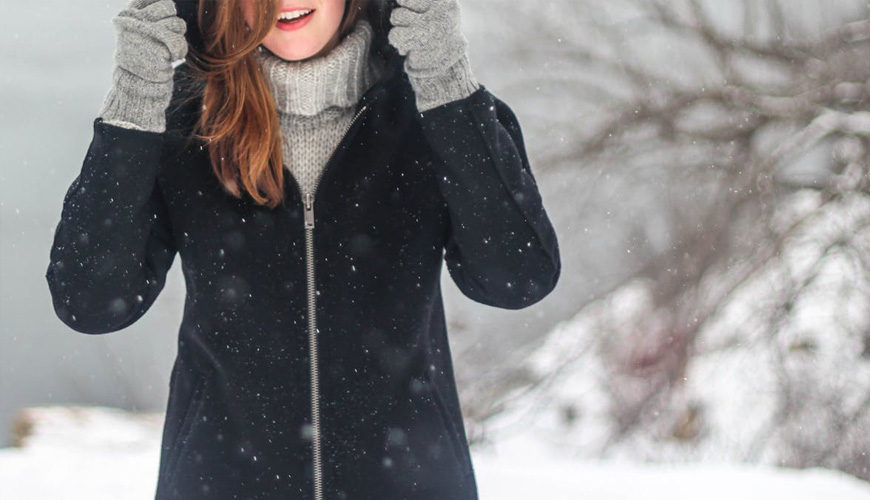By Dr. Jeremy Fischer, a naturopathic doctor practicing in Los Angeles, serving West LA, Santa Monica, Beverly Hills, Culver City and the rest of the west side, as well as Studio City.
We have all probably heard it from various people in our lives from the time we were children: “Stay inside!”, or “Bundle up, you’ll catch a cold!” Many with more scientific backgrounds have also probably discounted this advice, attributing it to an old wive’s tale without much merit. However, a recent study lends support to this traditional advice.
In the study by Yale researchers (1), cells taken from mouse airways were exposed to the common cold virus (rhinovirus), at either core body temperature of 98.6, or the lower temperature of 91.4 degrees Fahrenheit. They found that the higher temperature resulted in greater production of interferon, which controls the immune response to viral infections, as well as greater stimulation of other compounds important for mounting an immune response. As a result of the relatively impaired immune response at lower temperatures, the virus was more able to replicate. This was in mice cells.
Older research also supports this idea. One study shows that we have reduced ability to clear particles such as cold-causing viruses from the nasal passages and trachea upon cold exposure. Another shows that when rats were exposed to the cold, the activity of their white blood cells, which fight infections, decreases (2).
Chinese medicine, which is a part of my practice, warns of wind and cold exposure. Catching a cold is talked about – in almost poetic terms – as ‘wind cold invasion’. We are told that, when it’s cold or windy outside, you should cover the back of your neck, which is particularly susceptible to wind cold invasion. Well it turns out that heat sensors in the base of the brain (upper neck) help to regulate temperature by sending signals to conserve heat when it’s too cold. As a result, blood vessels at the surface of the body contract, including vessels in the respiratory passages. Thus, there are fewer virus- and bacteria-fighting white blood cells around, making infection more likely if there are some bad guys lurking around.
The take-home message is that, yes, we do have evidence that cold exposure can make us more susceptible to catching a cold. So, avoiding excessive cold exposure is a good idea, particularly when we are more likely to catch a cold – i.e. when we are subject to increased stress, insufficient sleep, poor diet. One form of cold exposure you shouldn’t forget about is air conditioning. I’ve heard multiple accounts of patients coming down with something after sudden exposure to air conditioning. So if you have no control over the thermostat, and you know you’ll be somewhere that feels like the inside of a refrigerator, take a coat, and maybe even a scarf, to protect the ‘wind gate’ at the back of your neck. And you can blame me if people ask you why you’re all bundled up inside!
I’m Dr. Jeremy Fischer and I practice integrative medicine in Los Angeles, including the areas of Beverly Hills, Burbank, Encino, North Hollywood, Sherman Oaks, Studio City and Van Nuys.
To Your Health,
Dr. Fischer
To sign up for the newsletter, which will send out links to new articles, as well as other health-related info, click here: Newsletter Sign-Up Form
Or contact us for a free 15 minute consultation: 424-278-4325.
References:
Foxman, et al. Temperature-dependent innate defense against the common cold virus limits viral replication at warm temperature in mouse airway cells. Proceedings of the National Academy of Sciences. January 5, 2014. Accessed online 1/7/15 via http://www.pnas.org/content/early/2015/01/02/1411030112
Eccles R. An Explanation for the Seasonality of Acute Upper Respiratory Tract Viral Infections. Acta Otolaryngol 2002; 122: 183-191

